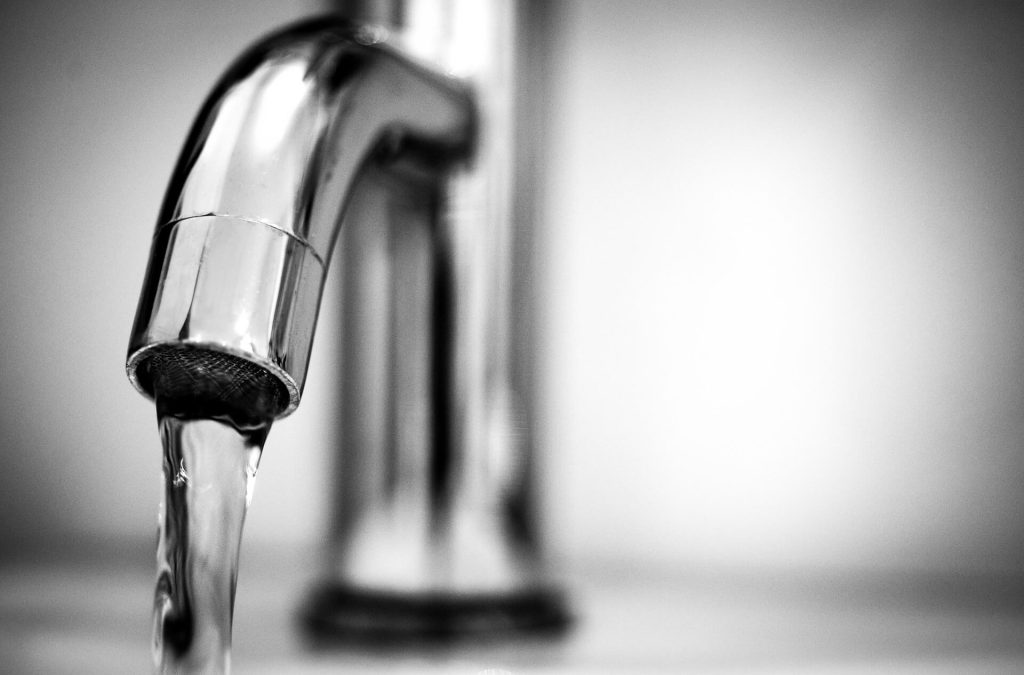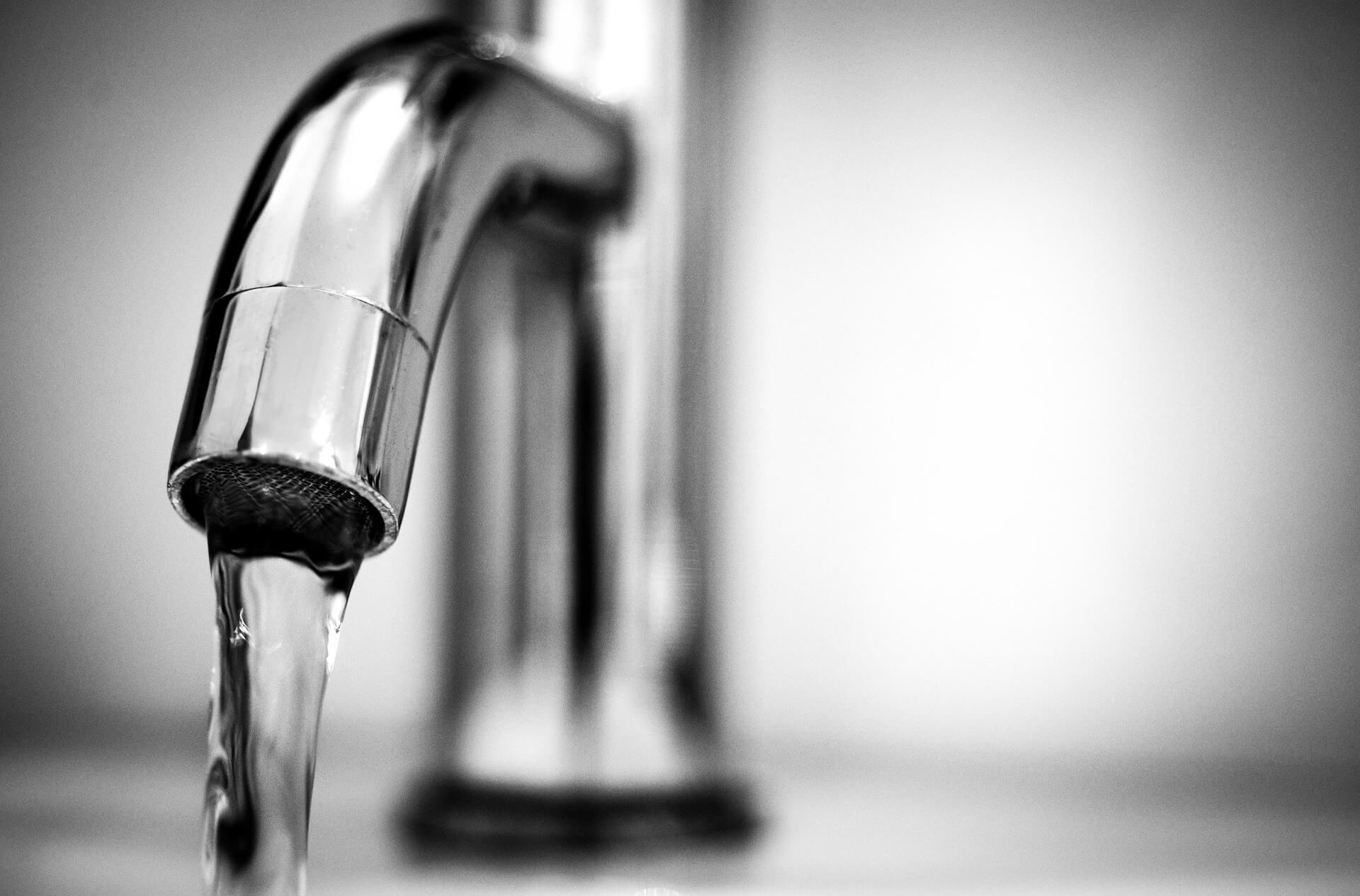What Makes My Water Heater Colder in the Winter?

What Makes My Water Heater Colder in the Winter?
Here are some common causes of water heater inefficiency during the winter:
Uninsulated plumbing
Insulating your pipes is important so the water inside doesn’t freeze and cause damage. However, it’s also important to insulate your water heater. Getting insulation for your water heater can help it retain heat for your water. You’ll want to use neoprene foam for electric models while gas models should be insulated with a fiberglass wrap secured with aluminum foil or tape. Keep in mind that some models, especially newer ones, may come pre-insulated.
Standing heat loss
Many homeowners keep their water heaters in the basement or garage. Both of these places tend to get less heating and are less insulated against outdoor temperatures. Because of this, water heaters will lose heat as it escapes into the surrounding air. When it gets colder, this heat loss increases, meaning your water heater has to work harder to get to your desired temperature.
Plummeting temperatures
Colder outdoor temperatures are an obvious reason for your water heater’s inefficiency. However, it isn’t just the air’s temperature that affects your water heater’s performance. As the ground becomes colder, it cools the plumbing pipes that bring water to your house. When that water arrives at your water heater, it takes more energy to heat it to the temperature you want.
Higher hot water usage
There are plenty of ways for homeowners to stay warm during the winter. However, many of them may require you use hot water. If you’re using more hot water during the winter, your water heater will likely run out of hot water. Try to be mindful of how much you use so you don’t run out at the worst possible moment.
Service You Can Count On






